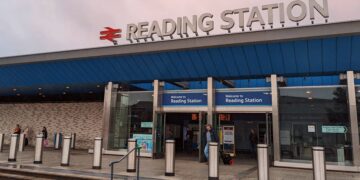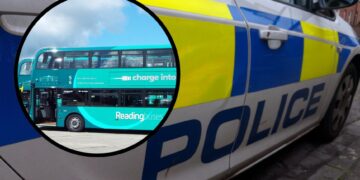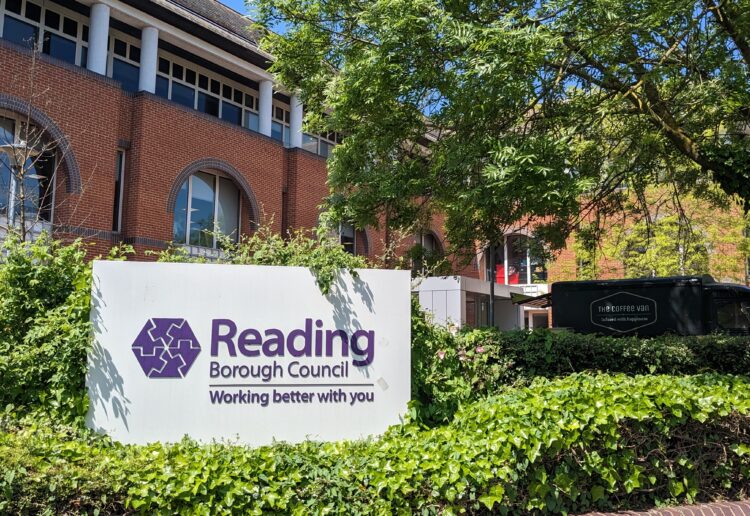Reading council has been taken to task over a £9 million overspend on its budget due to the escalating cost of providing services.
Each year, Reading Borough Council sets its budget in March for how it will spend your taxes and government funding.
Regular monitoring takes place to keep track of spending and determine how the finances can be balanced.
The latest figures reported by the council’s finance officers show a significant overspend of £9.305 million in Quarter 4 of 2024/25.
Pressures that contributed to the overspend included the cost of providing emergency accommodation rising to £88.76 per night, and a £900,000 overspend on the council’s waste and fleet vehicle maintenance.
These figures were presented to the council’s policy committee in a recent meeting.
Gavin Handford, assistant director for policy, performance and customer services, highlighted some of the successes achieved during Quarter 4, covering January to March this year.
For the council’s climate and transport policies, there was a reduction in nitrogen dioxide readings at air quality management sites, and 19.5 million bus journeys in the borough were recorded – a two million increase from 2023/24.
Furthermore, in-person library visits increased by six per cent to 297,871 by the end of March.
Yet the significant overspends were seized on by the opposition.
Councillor Raj Singh (Conservative, Kentwood) particularly drew attention to an adverse spend of £872,000 on home-to-school transport, calling it “bonkers”.
This involves taking children with education, health and care plans to and from school or their alternative education provision.
Cllr Singh said: “We have to be outside the box, be innovative there, are there alternative ways to provide this transport?
“It’s bonkers for me to look at that cost for home-to-school transport.”
He queried whether the council’s ReadiBus service could be used to bring down costs.
In reply, Wendy Griffith, lead councillor for children, explained that home-to-school transport is a required service for pupils with special educational needs and disabilities (SEND).
Cllr Griffith (Labour, Battle) said: “Children who are using transport either have SEND or have disabilities of some sort.
“So we know that these are not children who are able to get on public transport as a regular part of their transport to school.
“There are regular reviews made of those children so that we’re always measuring whether they still need to be on that private transport, and children who are able to travel independently are encouraged to do so or are encouraged to have their parents transport them.”
School transport is organised by Brighter Futures for Children, the council’s children’s services company, which reported an overspend of £6.393 million in March.
Councillors on the policy committee agreed to pay for the £9.305 million overspend from its demographic & cost-led pressures reserve and financial resilience reserve at the meeting on July 21.
























